 The United Nations peacekeeping force in South Lebanon, Unifil, said on Wednesday it had concluded that Israeli forces were cutting trees that lay within their own territory before a lethal exchange of fire with Lebanese Army troops on Tuesday, largely vindicating Israel’s account of how the fighting started.
The United Nations peacekeeping force in South Lebanon, Unifil, said on Wednesday it had concluded that Israeli forces were cutting trees that lay within their own territory before a lethal exchange of fire with Lebanese Army troops on Tuesday, largely vindicating Israel’s account of how the fighting started.
A Lebanese Army spokesman had said on Tuesday that the skirmishes started after Israeli soldiers crossed into Lebanese territory to cut down a tree. Israel said that its forces were clearing brush, as part of routine maintenance work, in a gap between the so-called Blue Line, the internationally recognized border, and its security fence, and that it had coordinated its actions in advance with Unifil.
Lebanon said at least four Lebanese were killed, while Israel reported that a battalion commander was killed and a platoon commander was critically wounded. The clash was the fiercest in the area since Israel’s monthlong war against the Lebanese militia Hezbollah in the summer of 2006.
In a statement on Wednesday, Unifil said its investigators were still on the ground and that inquiries were continuing. “Unifil established, however, that the trees being cut by the Israeli Army are located south of the Blue Line on the Israeli side,” it said.
Unifil added that in the area in question, the Lebanese government had “some reservations concerning the Blue Line,” which was demarcated by the United Nations when Israel withdrew its forces from Lebanon in 2000, “as did the Israeli government at some other locations.”
But both sides committed themselves to respecting the line as identified, Unifil added, saying the United Nations believed “that the Blue Line must be respected in its entirety by all parties.” Mark Regev, a spokesman for the Israeli government, said the announcement “clearly corroborates the Israeli version — that our routine activity was conducted in its entirety south of the frontier, and that the Lebanese Army opened fire without provocation and without any justification whatsoever.”
In the hours after the incident on Tuesday each side had blamed the other, trading accusations of violating the United Nations Security Council resolution that underpins the four-year-old cease-fire.
A senior American official in Washington said that, based on what had been learned so far, the Lebanese military appeared to have been responsible for starting the gunfire.
“We fired in the air, and they responded by firing artillery shells,” the Lebanese Army spokesman said, speaking on departmental conditions of anonymity.
The Israeli military said its soldiers were fired on just west of the Israeli village of Misgav Am.
Israel said it believed that the Lebanese attack had been planned. Before gunfire broke out, Lebanese soldiers shouted at the Israeli troops to move back, Israeli military officials said, and the Israelis shouted that they were in Israeli territory.
Lt. Col. Avital Leibovich, a military spokeswoman, said that Lebanese Army snipers opened fire and that they “targeted our commanders,” who were observing the maintenance work.
The Israeli military said its forces returned fire with light arms and used artillery fire. Several minutes later, the military said in a statement, an Israeli Air Force helicopter fired at the Lebanese Army Forces Battalion Command Center in Al Taybeh, damaging several armored combat vehicles.
After the first Israeli response, Colonel Leibovich said, the Israelis were asked to hold their fire so that the Lebanese could evacuate their wounded. She said that Israel acquiesced, but that 30 minutes later, a rocket-propelled grenade was fired toward an Israeli tank.
The Israeli defense minister, Ehud Barak, said in a statement: “Israel desires peace, and proved that when it withdrew its forces in 2000 to the international border. But Israel will absolutely not tolerate attacks on its soldiers or its civilians in its sovereign territory.”
Israel said its foreign minister, Avigdor Lieberman, had instructed the Israeli diplomatic delegation to the United Nations to file a protest with the secretary general and the Security Council, calling the clash “one of many violations” of the United Nations resolution on the border, No. 1701.
“Israel holds the Lebanese government responsible for the grave incident, and warns of the consequences should these continue,” the Israeli government’s statement said.
Prime Minister Saad Hariri of Lebanon “denounced the Israeli violations of the Lebanese sovereignty” in a statement, and urged “the Unifil, the U.N. and the international community to assume their responsibilities and put pressure on Israel to put an end to its aggression and its violations.”
Unifil called for both sides to show “maximum restraint.” After the Security Council met on the clashes, Council members issued a joint statement expressing their “deep concern” about the violence.
Vitaly Churkin, the Russian ambassador and this month’s Council president, said the Council wanted “all parties to practice utmost restraint,” to avoid an further escalation and to respect the cease-fire agreement that has held since the 2006 war.
For Israel, the confrontation broke a relative calm on a third front in under a week, after rocket fire from Gaza and a rocket attack in the south. The northern border with Lebanon, though tense, has been mostly quiet.
Israeli military officials have warned about the fragility of the calm and have pointed to what they say is a concerted weapons buildup by Hezbollah in southern Lebanon and Hamas in Gaza.
The latest violence also coincided with tentative moves toward direct peace talks between Israel and the Western-backed Palestinian leadership based in the West Bank. Israel and the Obama administration have sought support from moderate Arab states, but Islamic militant forces in the region are opposed to any resumption of direct talks.
(Source: NY Times)





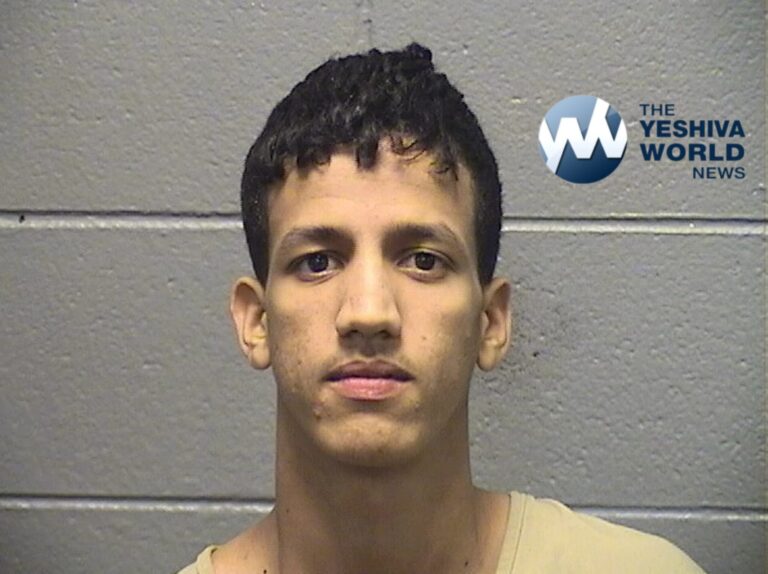
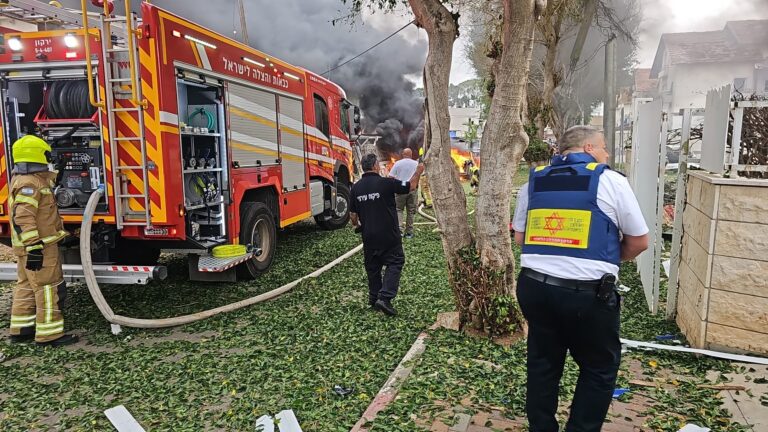
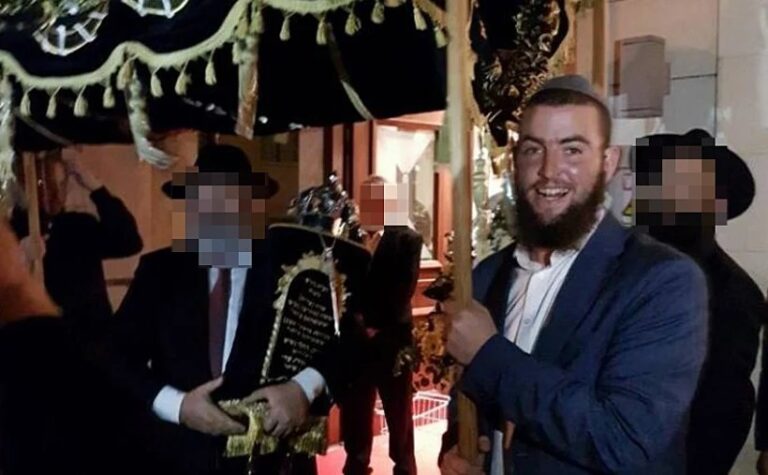

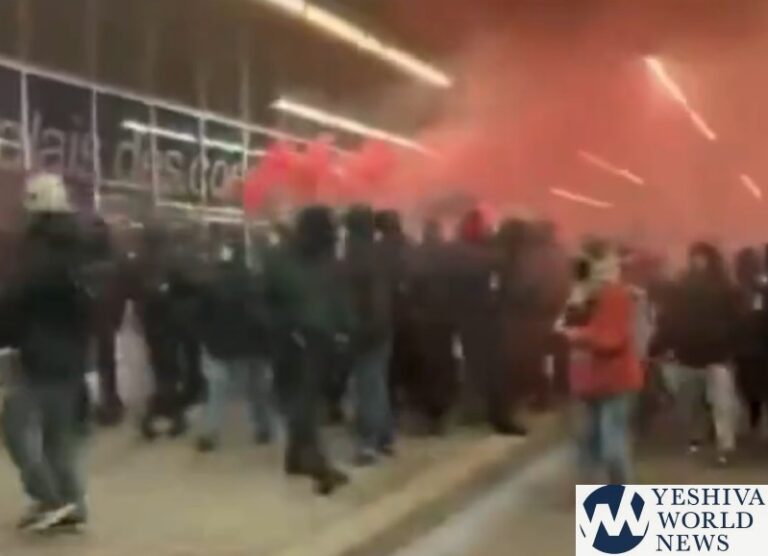
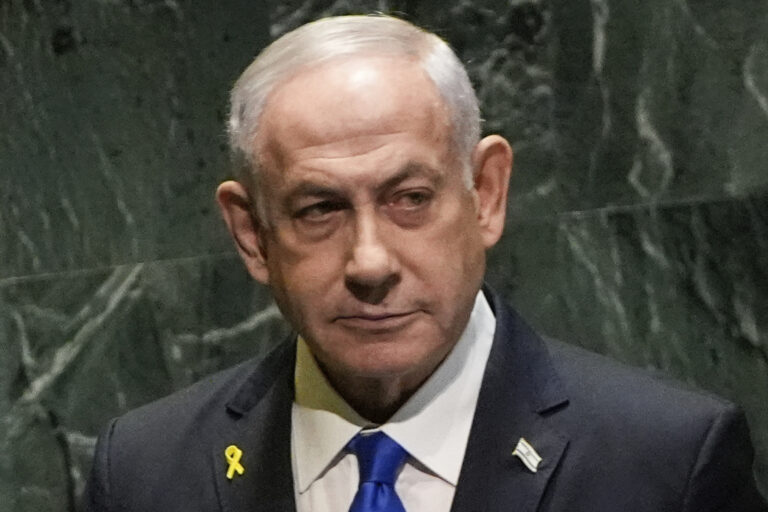
One Response
finnally the un is seeing things the way they are!!!